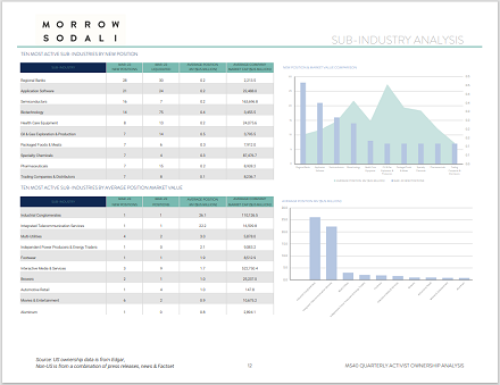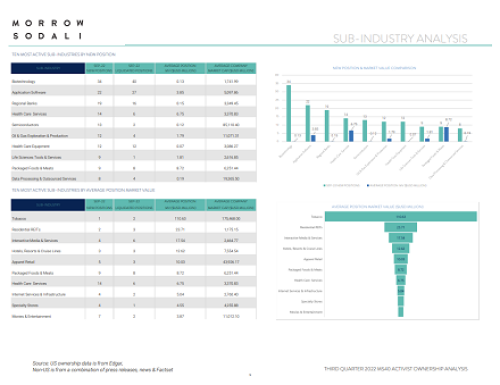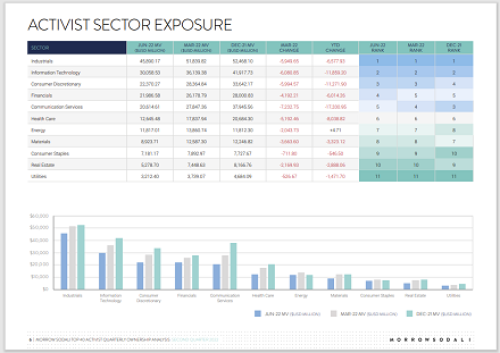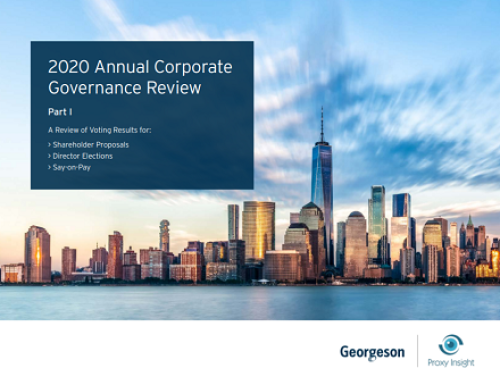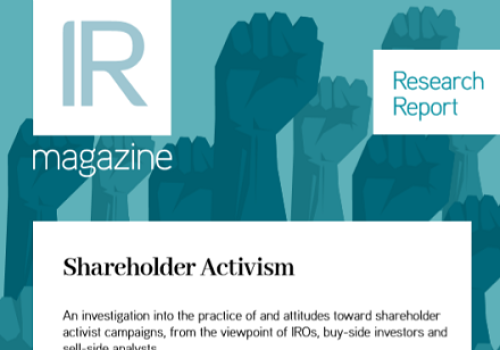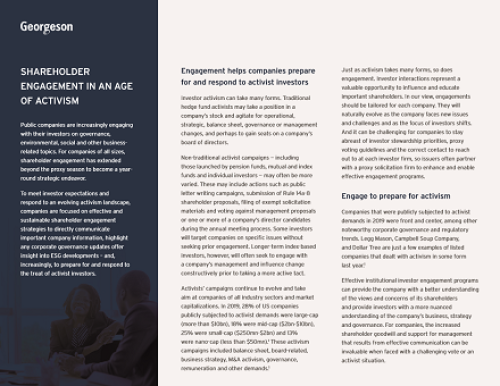UK companies are more likely to settle with an activist than those in continental Europe. That was one of the findings of a recent report from Insightia, which examined the ways in which activism is changing in Europe and the impact of ESG issues on campaigns.
In fact, more than half of UK engagements seeking a board seat ended with a settlement in 2021, says the firm. This compares with around a quarter of continental European campaigns – and even that is ‘an improvement’, according to Insightia’s Shareholder activism in Europe 2022 report.

IR Magazine caught up with Josh Black, editor-in-chief at Insightia, to talk about the detail behind some of the data. ‘I think the greater prevalence of institutional investors and lack of anchor shareholders in the UK possibly makes it easier to ’read the room’ when it comes to an activist campaign,’ he says.
‘In Europe, there is a tendency for management to rely on implicit guarantees from large shareholders or the state. Sometimes a settlement only comes much later, as at Lagardère after a very long and attritional campaign. Foreign activists are also complimentary about the UK’s independent chairman regime.’
There’s also a closer link between how things are done in the UK and the US than there is between the UK and Europe, notes Black. ‘It’s possible that settlement culture has been imported into the UK from the US,’ he says. ‘The linguistic links and greater number of campaigns by US investors in the UK versus continental Europe may explain this.
‘Also, going back to the prevalence of institutional investors, many US funds have a big presence in the FTSE 100 in particular.’
But other country or region-specific differences also have an impact on how activist campaigns play out.
‘There are mechanisms in some European countries that make settlements redundant,’ explains Black. ‘Nordic countries typically invite large investors onto the board, while in Italy minority shareholders get to elect their own short slate.’
So is one approach more effective than another? Of course, it’s not as simple as that – though ‘effective’ also depends on whether you’re looking at a campaign from the point of view of a company or an investor.
‘I’m reluctant to say any market has a better approach to activism – partly because there are many types of activism and benefits to different governance cultures,’ concludes Black. ‘From the activist perspective, however, it is easier to go straight to the heart of a company’s strategy through the board and CEO in the UK.’


